European airlines, including Ryanair, brag about standard cabin bag sizes
The association's members and other European airlines are facing an uphill battle against the newly proposed passenger rules.
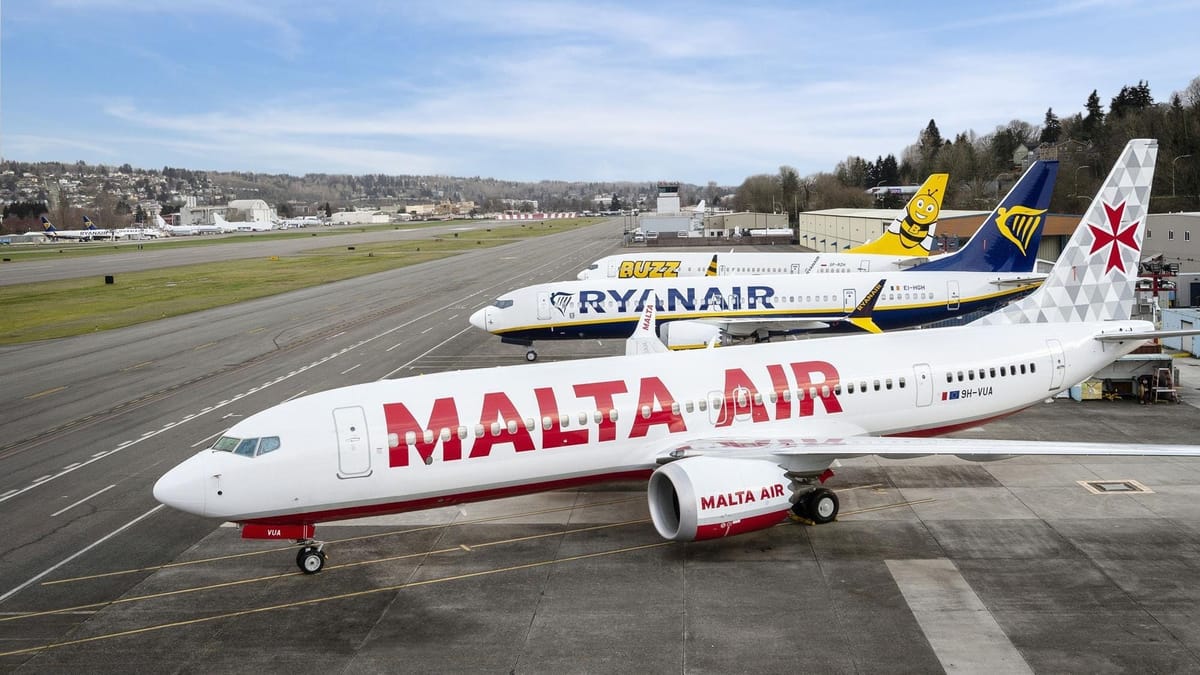
Airlines for Europe (A4E), a European airline association with 17 members, has highlighted that it held up its commitment to standardize cabin bag sizes following a proposal by Members of the European Parliament (MEPs) in June 2025.
A4E issued a statement saying that after the association backed the EP’s proposal to make a bag of 40 centimeters (15.7 inches) x 30 cm (11.8”) x 15 cm (5.9”) the standard, it can now confirm that as of today, all members “now implement the Council’s proposal as a minimum.”
Ourania Georgoutsakou, the Managing Director of A4E, stated that baggage rules must be simple, which was why the association’s airlines “proactively adopted the standard minimum dimensions” that were presented by MEPs in June.
“Passengers now have more clarity and can continue to choose between airlines offering this standard or a bigger size.”
A4E used the opportunity to also publicly lobby against “the overzealous proposal to offer a ‘free’ second cabin bag,” pointing out data that showed that “most passengers prefer a lower fare with the option to pay for a second cabin bag, rather than a higher fare with a second bag included.”
The reason for the latter part of its statement was proposals inside the European Union (EU), and that some MEPs would be ready to adopt two free cabin bags for passengers. On October 13, members of the Transport and Tourism Committee (TRAN) said that they had adopted their negotiating positions regarding any potential changes to the EU’s passenger air travel rights.
In addition to the refusal to budge on any changes to the flight disruption rules, colloquially known as the EU261 regulation, the committee said that all passengers should have the right to carry one personal item, such as a backpack, and one small hand luggage with a combined length, width, and height of 100 cm (39.3”), weighing no more than 7 kilograms (15.4 pounds).
MEPs also said that they want to end the practice of check-in fees, online and at the airport. This includes cases when passengers have to correct spelling errors or for minors to have a seat next to their accompanying passenger and pay for it.
The next step for the proposals was the beginning of negotiations with the Danish Council presidency, which will continue until December 31. TRAN said that negotiators have three months, with a possible one-month extension, to reach a deal.
TRAN’s next meeting is scheduled on November 5. The meeting's agenda showed that MEPs will debate these proposals.
However, the same committee’s proposal to have a standard size for cabin bags pushed the A4E’s members to adopt the new maximum dimensions. Ryanair, for example, previously allowed passengers to bring bags that were 40x20x25 cm (15.7”x7.8”x9.8”). In July, the airline promised to change it to 40x30x20cm (15.7”x11.8”x7.8”), which it did.
A4E member airlines include Aegean Airlines, airBaltic, Air France-KLM Group, Cargolux, easyJet, Finnair, International Airlines Group (IAG), Icelandair, Jet2, Lufthansa Group, Norwegian, Ryanair, Smartwings, Sunclass Airlines, TAP Air Portugal, TUI, and Volotea.
Some of the association’s carriers, such as airBaltic, British Airways, or Lufthansa, already offer passengers the choice to bring a free bag and hand luggage on board the aircraft, even if they are flying in basic economy.
For others, especially low-cost carriers, mandatory cabin bags and hand luggage would mean the loss of ancillary revenues. For example, Ryanair’s total operating revenues in Q1 FY26 were €4.3 billion ($5 billion), split between passenger revenues of €2.9 billion ($3.3 billion) and ancillary revenues of €1.3 billion ($1.5 billion), with the latter being 30.2% of its total operating revenues.
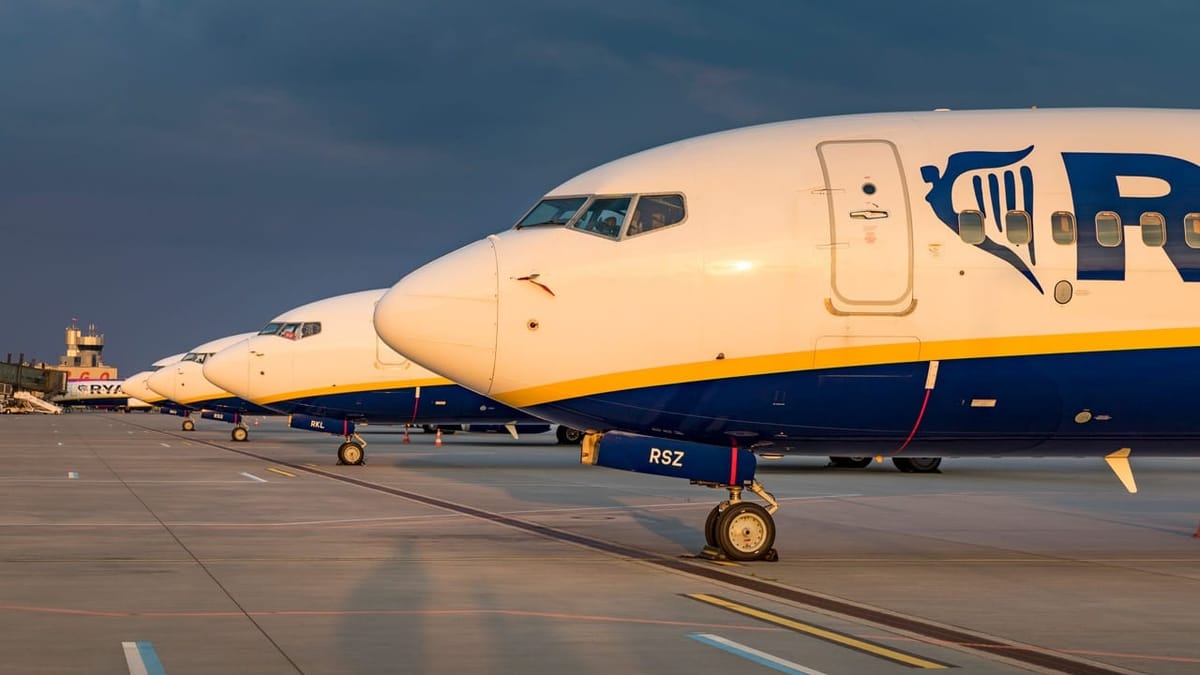


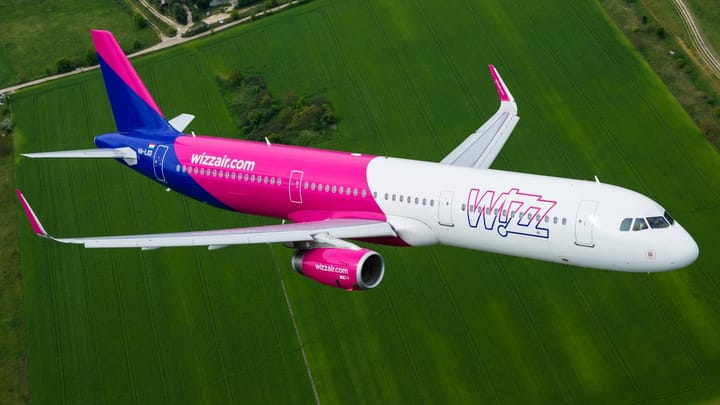
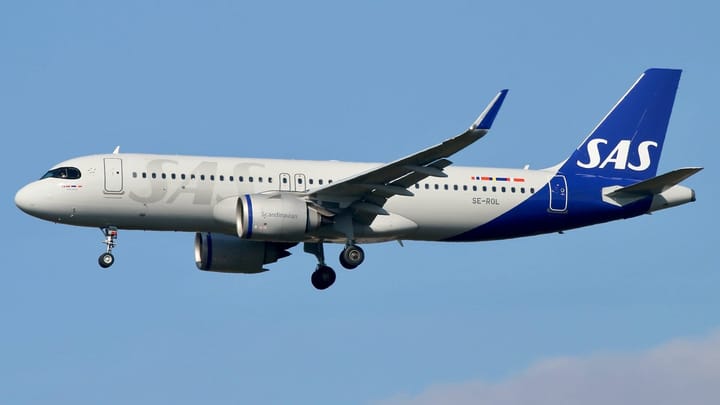
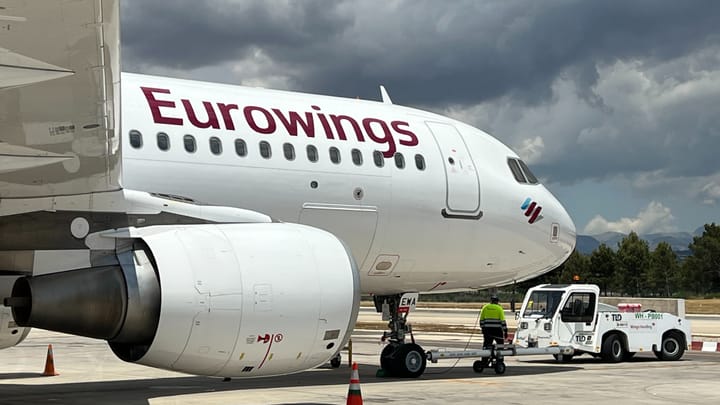
Comments ()